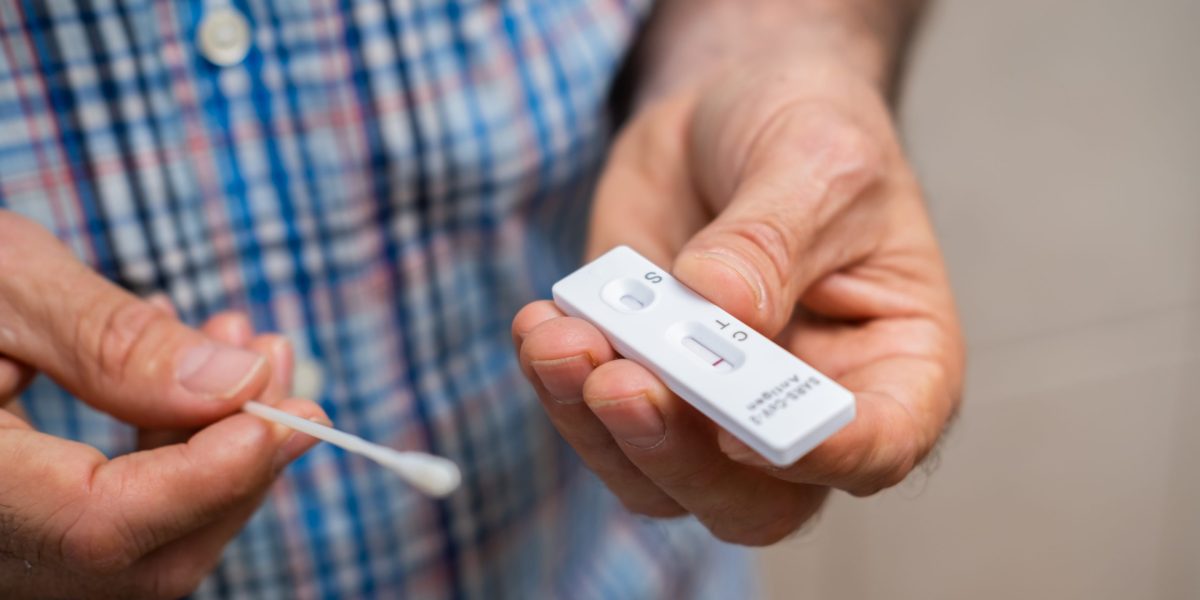The truth is out: About half of Gen Z wishes TikTok (47%) and X (50%) didn’t exist. That’s despite—or maybe because of—spending four hours a day on social media, as more than half of respondents to a new survey say is their norm.
The findings, from a nationally representative poll of 1,006 Gen Z adults (ages 18-27) by social psychologist Jonathan Haidt and the Harris Poll, offer a sobering snapshot of how young adults are grappling with the addictive nature of smartphones and social media.
Haidt, author of the controversial best-seller The Anxious Generation, who touts four basic rules regarding children and smartphones—none before high school, no social media before age 16, no phones in schools, and more unsupervised play—shares the findings in a New York Times opinion piece on Tuesday.
He finds the amount of time Gen Z spends on social media—60% at four hours a day and 23% at seven or more hours a day—to be “astonishing,” particularly since 60% also say social media has a negative impact on society (versus 32 who say it has a positive impact).
And while 52% say social media has benefited their lives and 29% say it has hurt them, young people from historically disadvantaged groups have found less benefit, he writes, including 44% of women and 47% of LGBTQ respondents who say social media has negatively impacted their mental health. That’s compared with 31% of men and 35% of non-LGBTQ respondents.
As far as wishing a platform “was never invented,” TikTok and X got the most votes, followed by Snapchat (43%), Facebook (37%), and Instagram(34%). The lowest scores in this category went to the smartphone itself (21%), messaging apps (19%), and streaming services such as Netflix (17%) and YouTube (15%).
“We interpret these low numbers as indicating that Gen Z does not heavily regret the basic communication, storytelling and information-seeking functions of the internet,” Haidt writes. “If smartphones merely let people text each other, watch movies and search for helpful information or interesting videos (without personalized recommendation algorithms intended to hook users), there would be far less regret and resentment.”
While only 36% of those surveyed support social media bans for kids under 16, 69% support a law requiring social media companies to develop a child-safe option for kids under 18.
That’s something the House of Representatives is considering right now, Haidt notes, urging legislators to take action on the Kids Online Safety Act. That would, for starters, disable addictive product features and require tech companies to let young users turn off personalized algorithmic feeds. (On Tuesday, Instagram responded to the growing concern about young people and social media, announcing it would make all teen accounts private by default.)
Haidt signs off his opinion piece by asking readers to imagine that walkie-talkies were harming millions of young people, and that more than a third of young people wished they didn’t exist, “yet still felt compelled to use them for five hours every day.”
If that were the case, he argues, “we would take action. We’d insist that the manufacturers make their products safer and less addictive for kids. Social media companies must be held to the same standard: Either fix their products to ensure the safety of young users or stop providing them to children altogether.”
More on screen time:
- Are you ‘addicted’ to your phone? How to spot the signs—and what to do about it
- Teen social media use: crisis or moral panic?
- Will Biden’s new online safety guidelines really help protect our kids? Parents and experts weigh in



